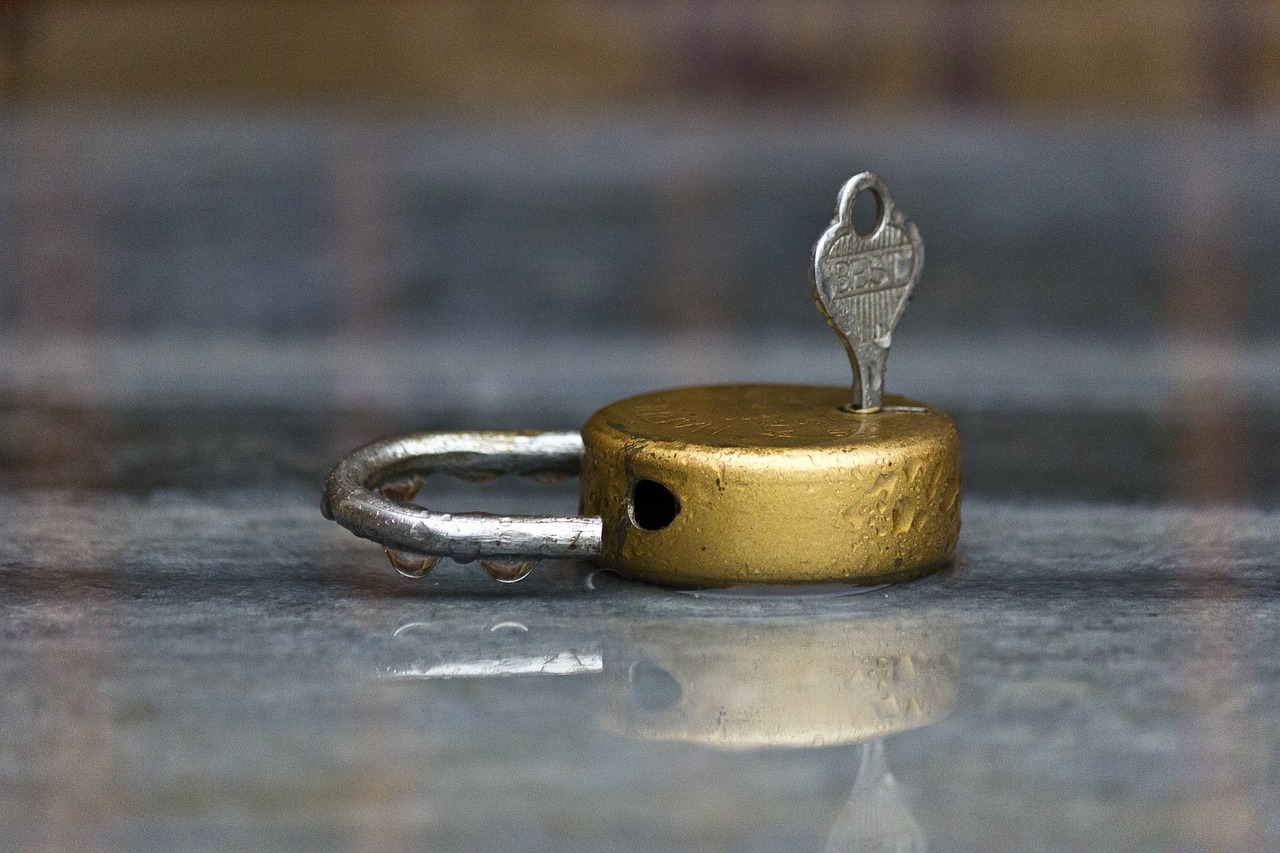People-watching is often a solitary activity or non-activity. It requires a discreet approach, and usually focused on the subjects in question.
I used to watch and wonder – who are they? To each other? What are they communicating to the other? I watched the non-verbal cues. Oh, and what’s that movement for? There were many whys as well – why some are dressed as they are, why they are sitting next instead of across each other, why they are walking by themselves in a city park. A wondering and curious mind looking in. I of course created stories about the characters, and here I spent many contented hours.
For many, people-watching is merely to kill time, perhaps feeling increasingly alone or isolated as we watched.
Over time my intellectual curiosity has been overtaken by an appreciation. Appreciation for being here, surrounded by the hustle and bustle of humanity, aware of my place in the crowd. Taking pleasure seeing friends enjoying each other’s company, smiles alighting their faces, warmth emanating. I feel for that person sitting in the corner with a forlorn look, a certain gladness for the one who seems pleasantly absorbed in their book, or that child delighting in a treat offered, eyes beaming with irrepressible excitement.
Putting down our intellectualizing, our rationalizing, our needing to know… in order to be among and with people in those moments.
I see beauty and within this mindful approach, a cultivated solitude and peace.
When we stop the looking at or peering in, and instead appreciate we are a part of this crowd and our environment, no matter how unfamiliar or uncomfortable at times it may seem, we experience a felt sense of belonging.
Belonging comes not from a position of observer and subject, of emotional and/or social separation. Rather it is being aware and acknowledging we are here now, a part of this bigger picture.
And perhaps we ought to ask, extending Edward Lorenz’ discovery termed “the butterfly effect” that our very presence takes up space and our seemingly innocuous activity or non-activity impacts on our environment,
how does my presence here impact on others and this environment?
If we are judging, if we are evaluating, if we are appreciating, if we are delighting… what changes? And how does this awareness that the essence of our very presence is impactful serve you?
And if you are still wondering what the effects are, as “the butterfly effect” suggests nature is complex and we cannot predict what would happen though every act matters to influence the outcome, then
being okay with complexity, unpredictability and not-knowing is perhaps a key skill for this modern age.
I still create stories, and I hope now the characters in them have greater depth.











